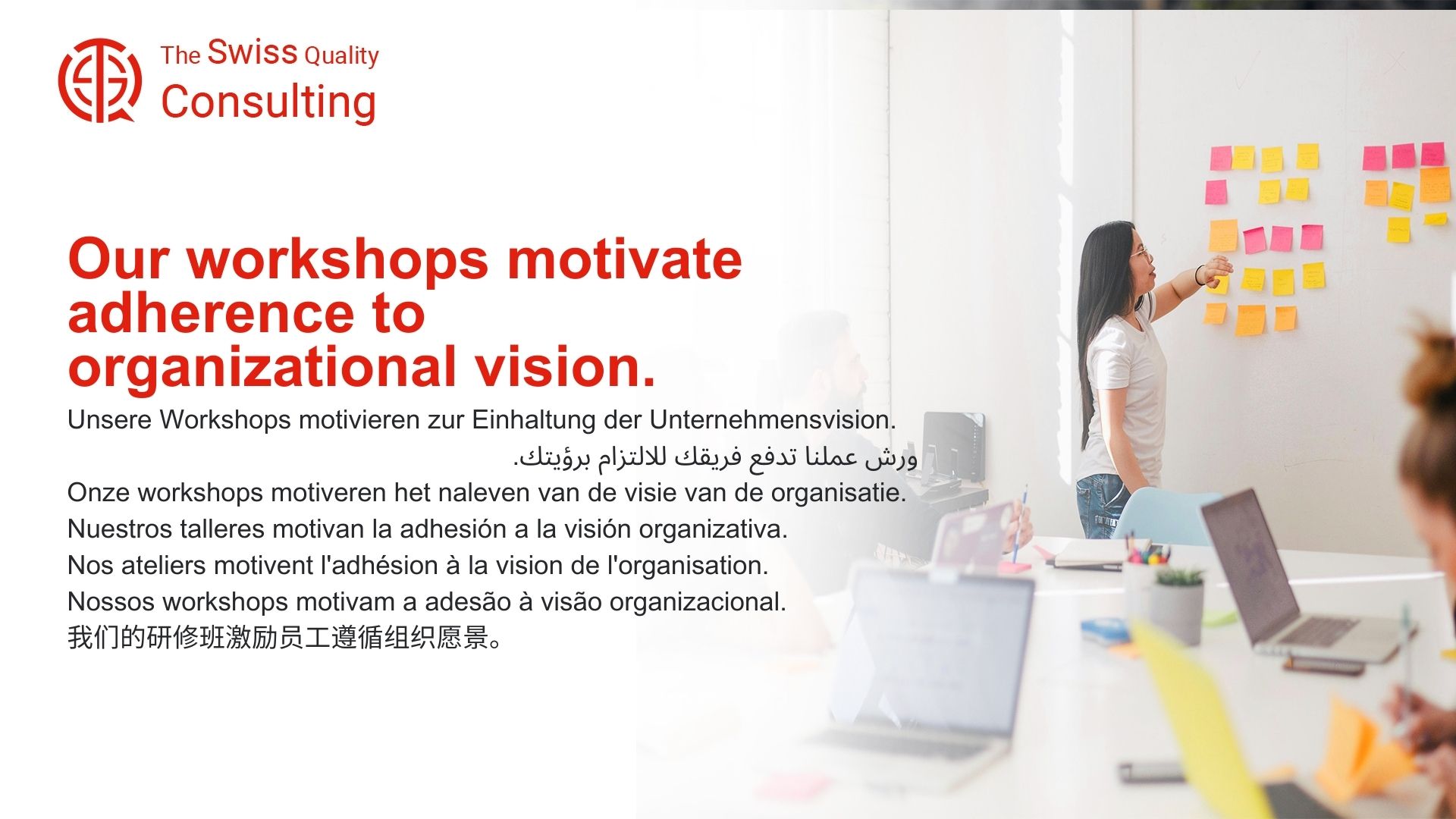Transforming Supply Chain Management with Advanced Alert Systems
In the highly interconnected world of modern business, the capability to Monitor Supplier Health in Real-Time with Predictive Alerts has become a crucial aspect for companies seeking a competitive edge. This article aims to provide business executives, mid-level managers, and entrepreneurs with a comprehensive understanding of how real-time monitoring and predictive alerts can drastically enhance supplier management and overall business performance.
Change Management: Adapting to a Predictive Supply Chain Model
Transitioning to a predictive model of supplier health monitoring transcends mere technological adoption; it necessitates a comprehensive and strategic transformation encompassing technology, culture, and processes. Effective change management serves as the orchestrator of this journey, ensuring a seamless integration of systems, minimizing resistance, and maximizing the potential benefits.
1. From Reactive to Proactive: Shifting from reactive to proactive supplier health monitoring requires a cultural shift. Effective change management fosters this transformation by promoting awareness of the benefits of predictive models, encouraging collaboration between departments, and challenging traditional reactive mindsets. This cultural shift empowers teams to embrace proactive risk management and ensure business continuity.
2. Building Trust and Transparency: Embedding trust and transparency is critical for successful implementation. Effective change management promotes open communication about the goals and rationale behind the change, addresses concerns proactively, and provides ongoing feedback to stakeholders. This transparency fosters trust in the new system and encourages active engagement throughout the transition.
3. Empowering Teams with Data-Driven Insights: Predictive models generate valuable data insights that empower teams to make informed decisions. Effective change management equips teams with the necessary skills and knowledge to analyze data, identify potential risks, and develop proactive mitigation strategies. This data-driven approach empowers teams to become proactive partners in managing supplier health.
4. Continuous Learning and Improvement: The landscape of supplier risk and predictive technology is constantly evolving. Effective change management recognizes the need for continuous learning and improvement. By regularly reviewing data insights, adapting models as needed, and actively seeking feedback, organizations ensure their systems remain relevant and effective over time.
5. Aligning with Strategic Objectives: Effective change management ensures that the implementation of predictive supplier health monitoring aligns with the organization’s broader strategic objectives. This involves identifying key supplier performance indicators, prioritizing efforts based on strategic risks, and measuring the impact of the system on achieving strategic goals.
6. Celebrating Success and Recognizing Achievements: Acknowledging and celebrating successes throughout the transition process is crucial for maintaining momentum and motivation. Effective change management encourages organizations to recognize individual and team contributions, highlight the positive outcomes of the new system, and celebrate milestones achieved. This reinforces the value of the change and motivates continued engagement.
7. Building a Future-Proof Foundation: By prioritizing effective change management, organizations lay the foundation for a future-proof and resilient supply chain. This strategic approach not only strengthens supplier relationships and minimizes risks but also fosters a culture of data-driven decision-making, continuous improvement, and proactive risk management.
Beyond Technology: A Catalyst for Sustainable Growth:
Embracing effective change management transforms the transition to predictive supplier health monitoring from a mere technological shift into a catalyst for sustainable growth and resilience. This comprehensive approach empowers organizations to proactively manage supplier risks, optimize their supply chains, and achieve long-term success in a competitive and ever-evolving business landscape.
Embrace the power of effective change management and embark on a transformative journey towards a future of proactive supplier health monitoring. By fostering a culture of collaboration, empowering teams with data-driven insights, and continuously adapting to a changing environment, you can unlock the full potential of predictive models and build a resilient supply chain that propels your organization towards sustainable growth and prosperity.
Executive Coaching: Leading in a Data-Driven Era
Executive coaching services can play a pivotal role in equipping leaders with the skills necessary to manage and interpret real-time data. Coaching helps leaders make informed decisions based on predictive analytics, ensuring that they are proactive in managing supplier relationships and supply chain risks.
Effective Communication: A Pillar in Predictive Supplier Monitoring
Effective communication strategies are vital in leveraging real-time supplier health monitoring. It is essential for different departments within an organization, such as procurement, logistics, and finance, to communicate efficiently to respond swiftly to any predictive alerts. This unified approach ensures a cohesive response to potential supply chain disruptions.
Generative AI’s Role in Supplier Health Monitoring
Generative Artificial Intelligence (AI) is revolutionizing supplier health monitoring. AI algorithms can analyze vast amounts of data, identify patterns, and predict potential issues before they escalate. By implementing AI-driven tools, businesses can gain unprecedented insights into their supply chain, allowing for more informed decision-making.
Developing Leadership and Management Skills for Predictive Analytics
Leadership and management skills are critical in interpreting and acting on predictive alerts. Training in data analytics and decision-making based on real-time information is essential. Leaders must understand how to balance the insights provided by predictive alerts with other business considerations to make sound decisions.
Staying Updated with Business News and Trends
Staying abreast of the latest trends and updates in predictive analytics and supplier health monitoring is crucial. Regularly consuming business news and updates enables leaders to stay informed about new technologies, best practices, and regulatory changes affecting supply chain management.
The Impact of Project Management on Supplier Monitoring
Effective project management is key to successfully implementing and maintaining systems for monitoring supplier health. It involves planning, organizing, and overseeing the deployment of predictive alert systems and ensuring ongoing support and updates to these systems.
conclusion Monitor Supplier Health in Real-Time with Predictive Alerts
In conclusion, the ability to monitor supplier health in real-time with predictive alerts is transforming the supply chain landscape. By embracing change management, investing in executive coaching, fostering effective communication, leveraging Generative AI, honing leadership skills, staying informed, and ensuring robust project management, businesses can significantly enhance their supplier relationships and operational efficiency.
#SupplyChainInnovation, #PredictiveAnalytics, #RealTimeMonitoring























